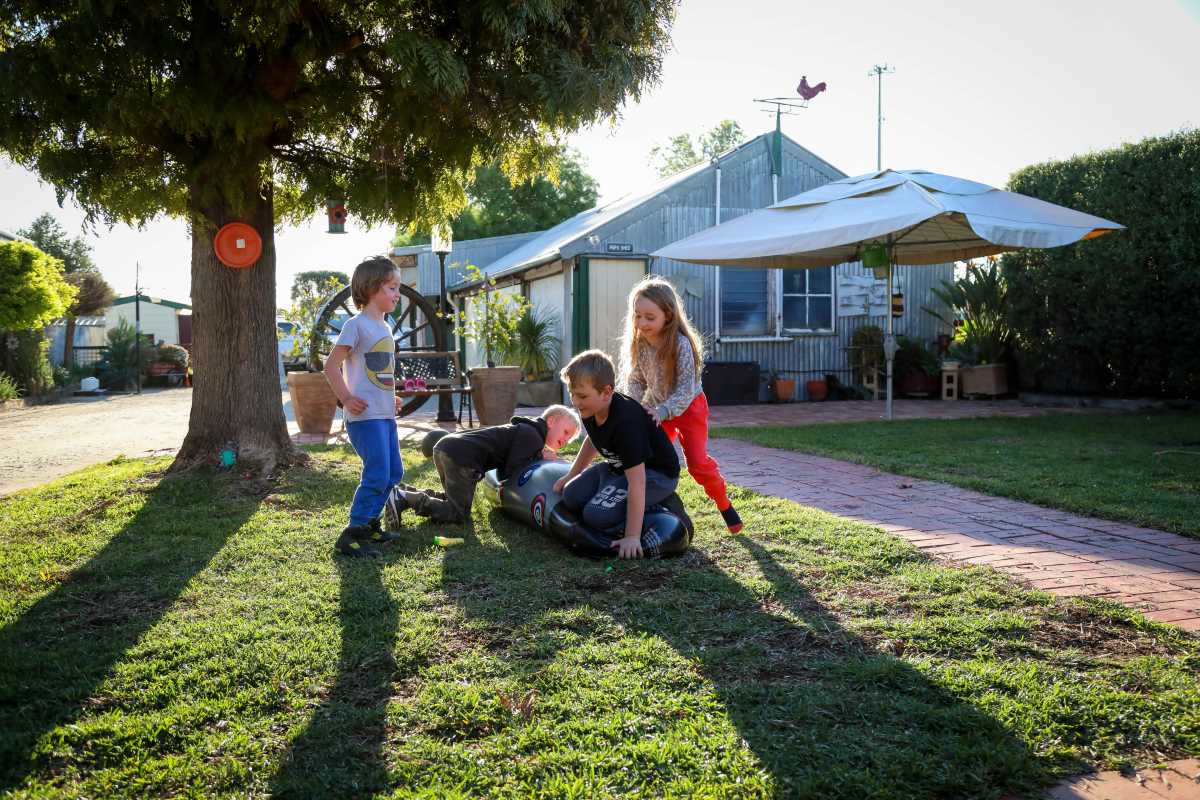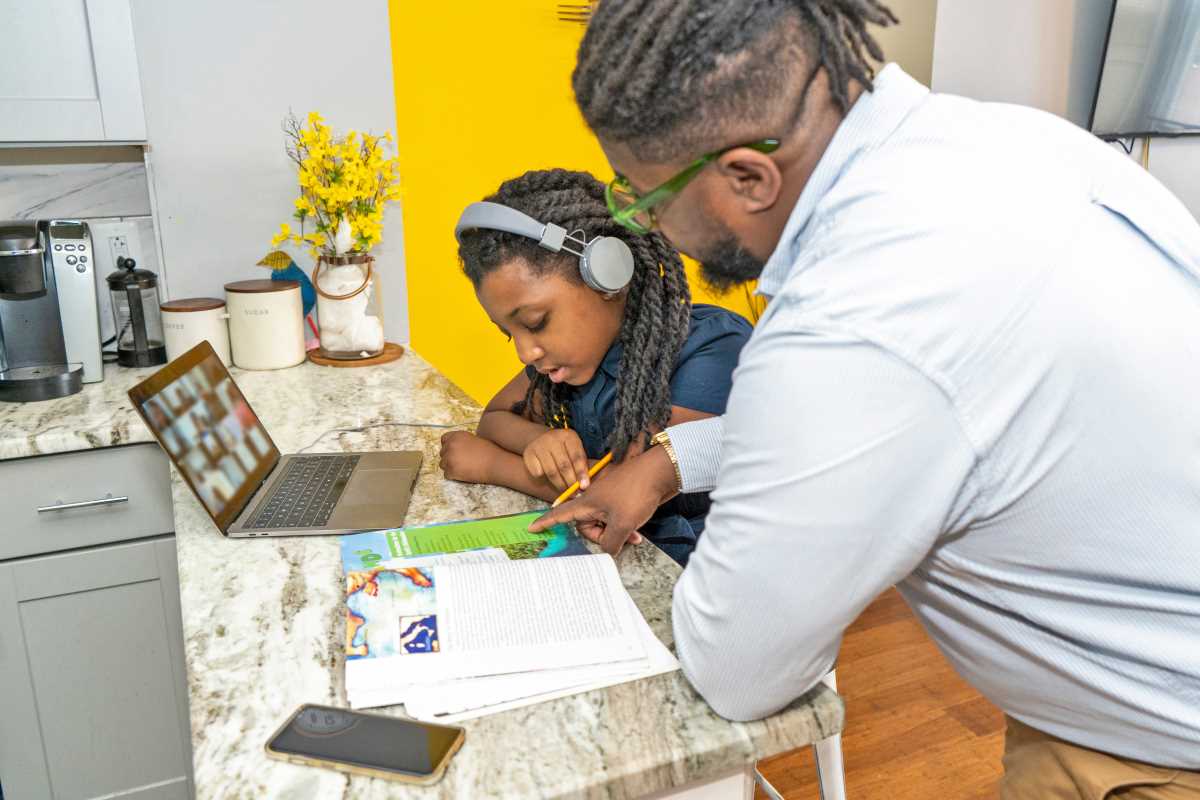Understanding Your Child's Feelings
Before diving into ways to encourage your child to make new friends, it's crucial to recognize that moving can be an emotional experience. Children may feel a mix of excitement, anxiety, and uncertainty about their new life. These emotions are natural, and understanding them is key to supporting your child’s social development.
Common Emotions Children Experience After Moving:
- Homesickness: Missing familiar places, friends, and routines.
- Fear of the unknown: Anxiety about meeting new people or adjusting to a new school.
- Low self-esteem: A child may feel unsure about their ability to make friends in a new place.
- Frustration: It may be difficult for your child to express themselves fully in a new environment, which can lead to feelings of anger or irritation.
As a parent, it’s essential to acknowledge these feelings and provide a supportive space for your child to talk about their emotions. Reassure them that making new friends takes time and that it’s okay to feel nervous at first. Now, let’s look at some practical strategies you can implement to help your child make new friends after a move.
1. Encourage Participation in Local Activities
One of the best ways for your child to meet potential friends is through extracurricular activities. Whether it’s sports, arts, or a local club, these activities provide both structure and opportunities for socializing with peers who share similar interests.
- Join sports teams: Soccer, basketball, or swimming can be great options for children to bond over shared physical activities.
- Enroll in art classes: If your child has an interest in painting, drawing, or other creative outlets, enrolling them in an art class can expose them to children with similar creative interests.
- Explore community programs: Many cities offer after-school programs, summer camps, or youth groups that encourage social interaction.
Tips for Helping Your Child Get Started:
- Research local activities: Look up community centers, schools, or recreational centers that offer activities your child may enjoy.
- Attend events together: Attend a few activities with your child to help them feel comfortable and confident when meeting new people.
- Set goals: Help your child set realistic goals for making new friends, such as initiating conversations or inviting someone to play.
These types of organized activities provide natural opportunities for children to interact with others and make connections based on shared interests.
2. Foster Open Communication About Social Opportunities
Your child may feel overwhelmed by the process of making new friends, so it’s important to maintain open lines of communication. By talking about their experiences, you can better understand their concerns and offer guidance.
How to Foster Open Communication:
- Ask open-ended questions: Instead of asking, “Did you make any friends today?” try asking, “What was the best part of your day at school?” This encourages your child to share more details and express themselves freely.
- Create a safe space for feelings: Make sure your child feels comfortable expressing their fears and frustrations without judgment. Validate their feelings and let them know it’s normal to feel unsure at first.
- Provide encouragement: Celebrate small successes. Even if your child has only spoken to one new person, acknowledge the effort it took and encourage them to keep trying.
By being supportive and offering guidance, you’re helping your child develop confidence in their ability to meet new people and form lasting friendships.
3. Set Up Playdates with Classmates or Neighbors
Another excellent way for your child to make new friends is by setting up playdates with classmates or neighbors. Playdates allow children to connect in a low-pressure setting, away from the formality of school or group activities. It also gives them a chance to interact one-on-one, which can often help build stronger, more meaningful connections.
How to Set Up Successful Playdates:
- Reach out to classmates: After a few weeks at school, ask your child if they’ve met anyone they’d like to invite over. You can then reach out to other parents and propose the idea of a playdate.
- Invite neighbors over: If you have neighbors with children, ask if they would be open to a playdate. Exploring nearby parks or inviting children to your home can be great ways to introduce them to new friends.
- Supervise initially: For younger children, it’s essential to supervise the playdate to ensure everyone feels comfortable and safe. This will also help you understand their social dynamics and encourage positive interactions.
Setting up playdates creates opportunities for your child to interact in a relaxed environment, helping them build trust and rapport with others.
4. Encourage Social Skills Development
In addition to providing opportunities to meet new people, it’s equally important to nurture your child’s social skills. Social competence plays a crucial role in how easily your child can make and maintain friendships.
Social Skills to Encourage:
- Initiating conversations: Encourage your child to introduce themselves and ask others about their interests or hobbies.
- Sharing and taking turns: Teach your child to be considerate and fair in group situations, which is vital in building lasting friendships.
- Respecting differences: Encourage your child to be open-minded and accept people from diverse backgrounds.
- Being a good listener: Help your child understand the importance of listening to others and showing empathy.
Tips for Developing Social Skills:
- Model positive behavior: Demonstrate how to initiate a conversation or introduce yourself to others.
- Role-play scenarios: Act out different social situations with your child to practice making new friends or resolving conflicts.
- Praise efforts: When your child makes an attempt to connect with others, praise their efforts and encourage them to keep practicing.
By developing these skills, your child will gain the confidence they need to navigate social situations and foster positive relationships.
5. Use Technology to Stay Connected
In today’s digital age, technology can be an invaluable tool for helping your child stay connected with their old friends while they work on making new ones. Social media platforms, video calls, and messaging apps can offer opportunities for maintaining relationships that help ease the transition.
Ways to Use Technology for Staying Connected:
- Video chats with old friends: Encourage your child to schedule regular video chats with friends they made in the old city, so they have familiar faces to lean on.
- Join online groups: Many cities or communities have online groups for local families or children with specific interests. Explore these platforms to connect with new peers.
- Stay in touch with family: Help your child stay emotionally grounded by regularly connecting with family members who can offer support during this adjustment period.
While it’s important to balance screen time, technology can offer comfort and a sense of continuity as your child adjusts to their new environment.
6. Be Patient and Supportive
Lastly, remember that making new friends takes time. Each child has their own pace, and it’s essential to be patient during the process. Some children may make friends quickly, while others might take longer to feel comfortable in their new surroundings.
Ways to Be Supportive:
- Offer reassurance: Remind your child that it’s okay if they don’t have a best friend right away. Friendships often develop gradually.
- Celebrate progress: Every small step toward meeting new people or making a connection is an achievement worth celebrating.
- Maintain consistency: Keep up with routines and encourage regular social interactions, even if your child is initially hesitant.
By being patient and maintaining a positive outlook, you are showing your child that building friendships is a rewarding process that can take time and effort.
Conclusion
Helping your child make new friends after moving to a new city is an essential part of their emotional and social adjustment. By encouraging participation in activities, fostering open communication, setting up playdates, developing social skills, using technology to stay connected, and being patient and supportive, you can make this transition easier for them.
Remember, the most important thing is to reassure your child that feeling nervous or unsure is completely normal. With your guidance, they will eventually find their new circle of friends and begin to feel at home in their new city.
 (Image via
(Image via





